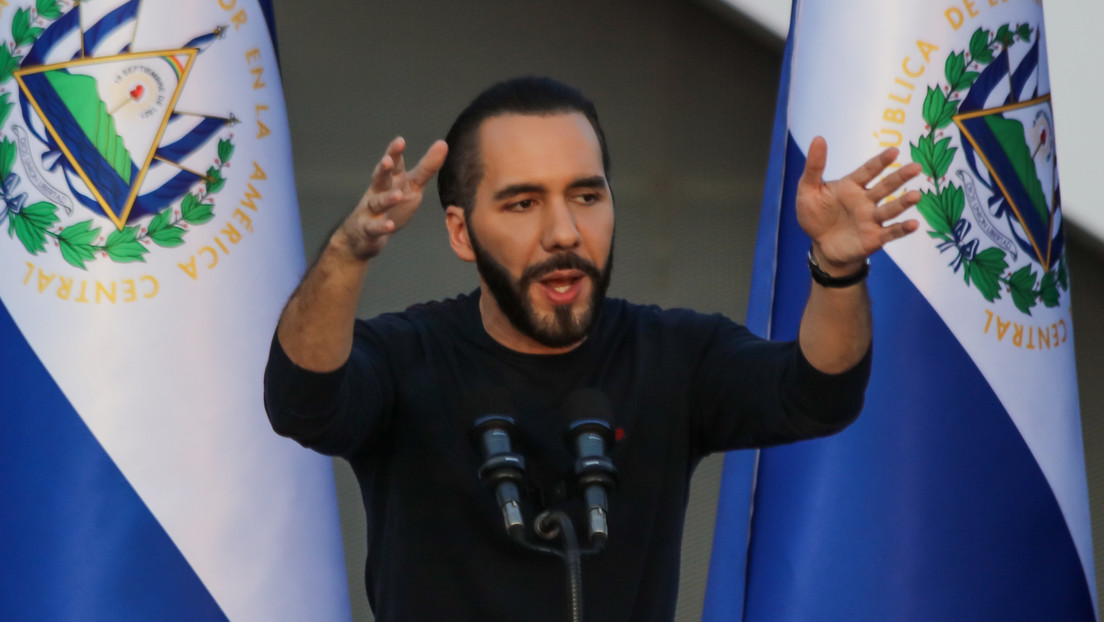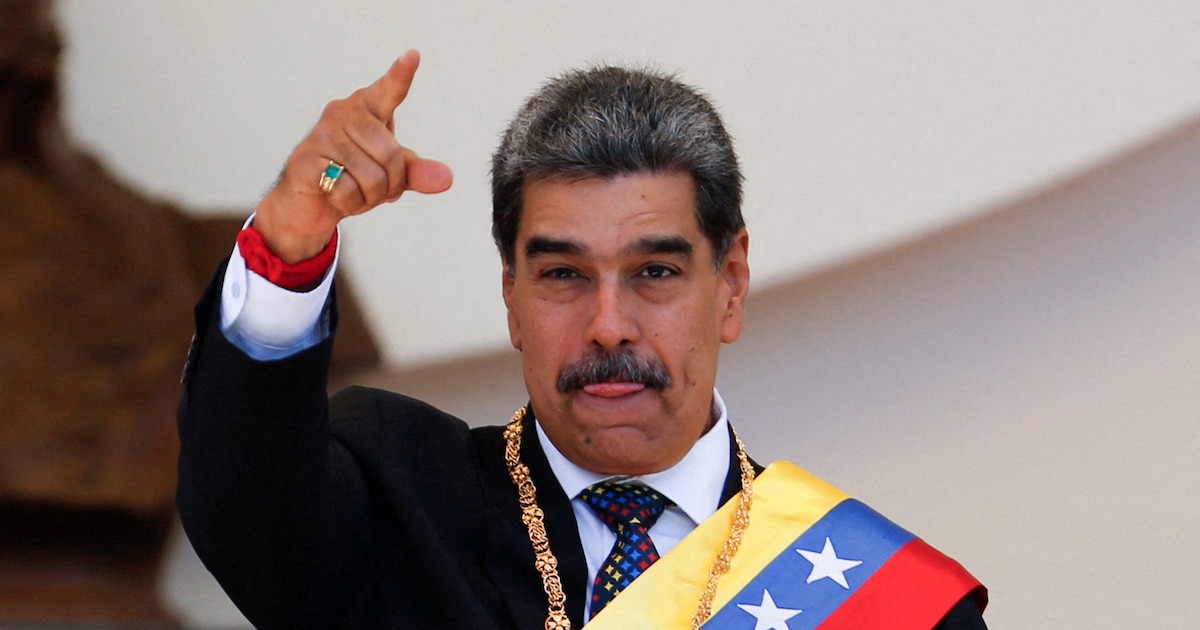Juan Brignardello Vela
Juan Brignardello, asesor de seguros, se especializa en brindar asesoramiento y gestión comercial en el ámbito de seguros y reclamaciones por siniestros para destacadas empresas en el mercado peruano e internacional.




The Venezuelan opposition has intensified its challenge to Nicolás Maduro's regime, promising firm and sustained resistance in the streets following the controversy surrounding the recent swearing-in of the president. This commitment became evident during a massive demonstration in Caracas, where opposition leaders, including Comando Venezuela, emphasized that the country has overcome the fear that once paralyzed the population. "Venezuela, change is unstoppable!" they exclaimed, pointing out that the regime is in a state of collapse. The mobilization took place last week, just before Maduro's swearing-in, an event that many opponents consider illegal. María Corina Machado, a prominent opposition figure, emphasized that the crowd in the street is a clear indication of the unity and determination of Venezuelans to achieve freedom. "The fear is behind us, we are more united than ever," she proclaimed, reflecting a renewed fighting spirit among citizens. The opposition's call for civil resistance has resonated in various communities, where Venezuelans are urged to exercise their right to protest and to fight for the restoration of democracy. This message resonates with cautious optimism, highlighting that every step taken during the protests is a "cry for hope, justice, and freedom." However, the situation is tense. During the protests, Machado suffered an incident that led to her being briefly detained, although Maduro's government has denied such an occurrence. Despite the injuries she sustained, the opposition leader notes that these types of incidents expose the growing divisions within Chavismo, which could further complicate the country's political situation. As Maduro begins his third consecutive term, the opposition, led by Edmundo González Urrutia, denounces his rise to power as an act of self-coronation dictatorship. The electoral authority proclaimed Maduro as the winner of the elections with 52% of the votes, but the lack of transparency in the counting has led the opposition to assert that González Urrutia actually received 70% of the vote. International reactions have been strong. The United States has labeled Maduro's power grab as a farce, increasing the reward for his capture to $25 million and imposing sanctions on several high-ranking officials. The European Union and the United Kingdom have also expressed their rejection, questioning the legitimacy of the regime and announcing additional sanctions. Meanwhile, Brazil, along with other countries in the region, has expressed deep concern about the situation in Venezuela and has urged for dialogue with the opposition to be resumed. In this context, the Alliance for Development in Democracy, which includes Ecuador, Panama, Costa Rica, and the Dominican Republic, has vehemently rejected Maduro's swearing-in, considering it the result of electoral fraud accompanied by state repression. Former Colombian President Álvaro Uribe has gone further, calling for international military intervention to remove Maduro from power. This type of intervention is seen by some as a last resort given the increasingly precarious situation in Venezuela, where the humanitarian crisis and lack of human rights are worsening. With a determined opposition and a regime clinging to power, Venezuela finds itself at a crucial juncture. The struggle for democracy and freedom is at the center of national and international debate, and the coming days could be decisive for the country's future. The international community is watching closely, while the voice of the people resounds powerfully in the streets, clamoring for a change that many consider not only desirable but inevitable.



